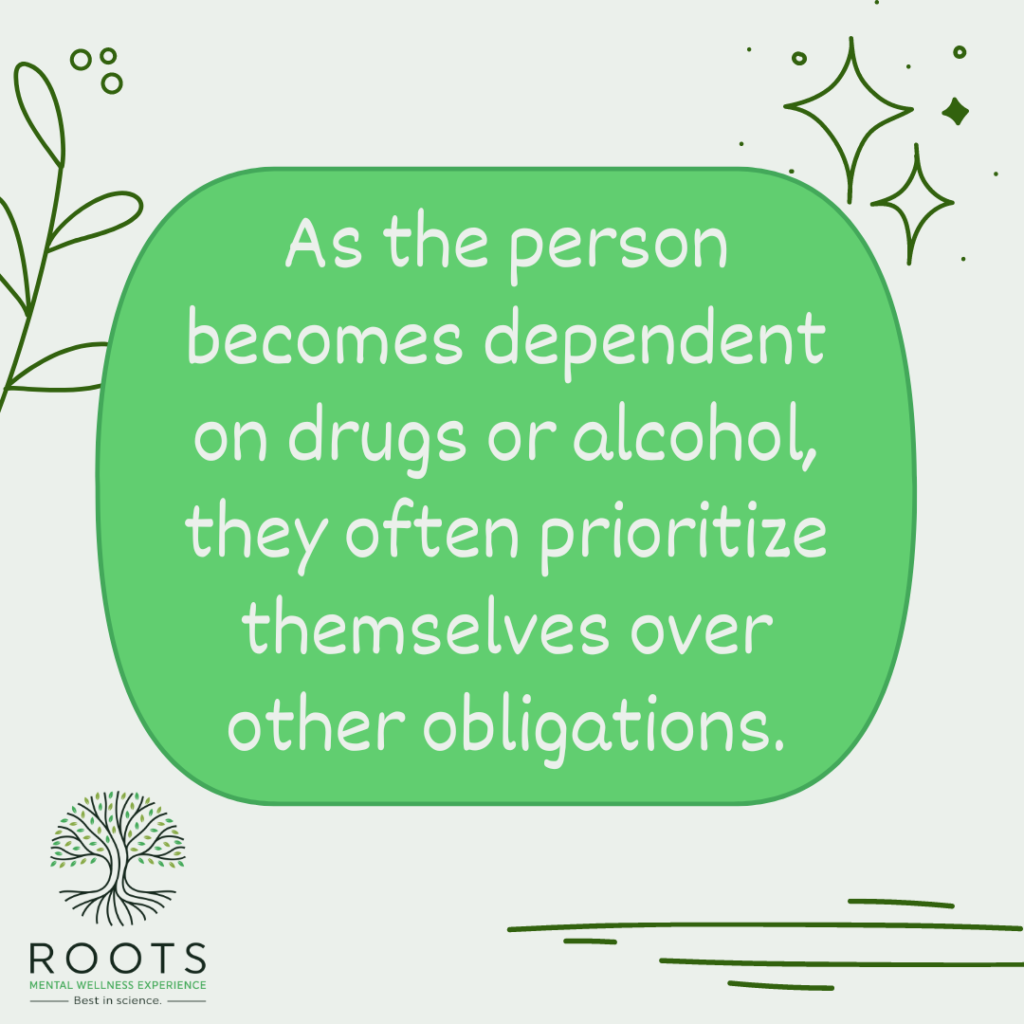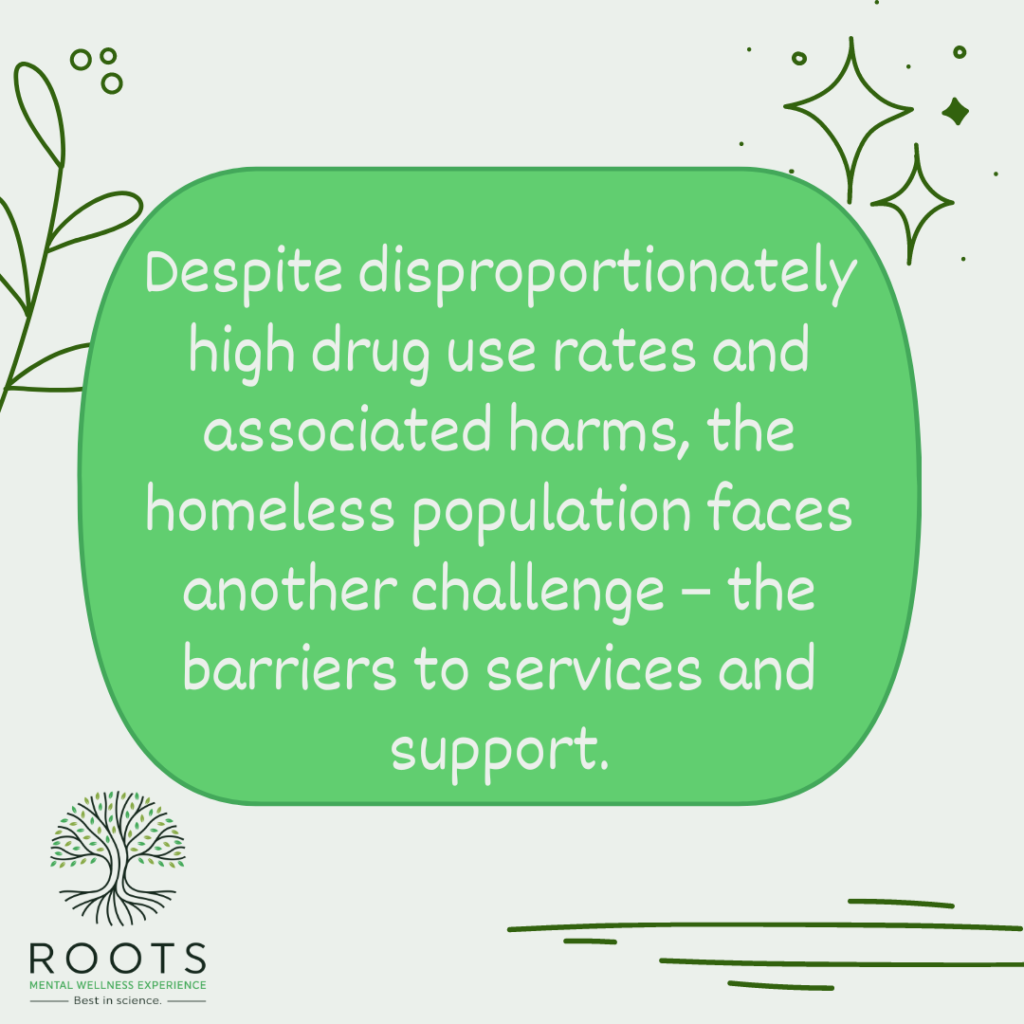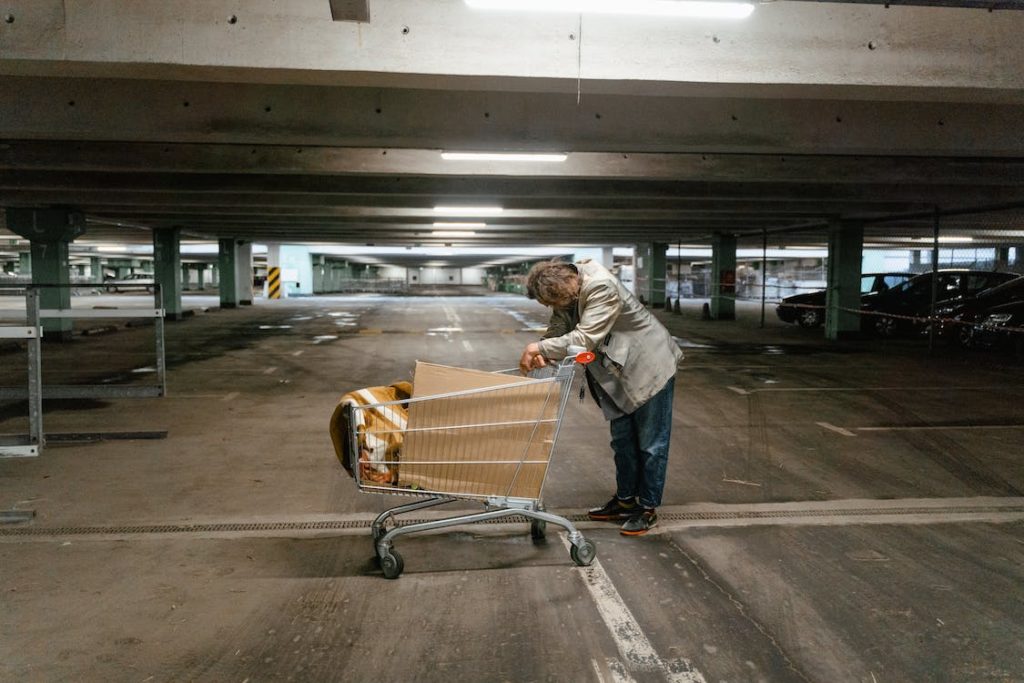Addiction can pose several detrimental effects on a person. It can impact one’s well-being, physical health, professional life, and finances.
When someone goes through an economic crisis, even a slight hiccup can put them in a position where they can lose their home. Broken relationships, the inability to maintain a job, mental health problems, and poor physical health are other issues that could contribute to homelessness. The United States has a growing number of individuals grappling with homelessness and addiction.
Spending money on drug use can be financially draining. You may even reach the point where you’ll start borrowing money from friends, relatives, and colleagues once you’ve emptied your pocket. Or worse, you might resort to illegal activities. Getting caught and getting a criminal record becomes another obstacle to financial stability that could have guaranteed you a home.

Meanwhile, some people resort to alcohol or mood-altering chemicals to address their mental health problems. However, these chemicals only exacerbate their condition, making them unable to hold a permanent job.
It’s also possible that the person facing homelessness does not have an addiction before living on the streets. With the surge in housing costs over the past years, some people can’t afford to buy a house or even pay rent.
Continue reading as we delve into how homelessness and addiction are woven together and the importance of getting help to curb this problem.
The Correlation Between Addiction and Homelessness
As the person becomes dependent on drugs or alcohol, they often prioritize themselves over other obligations. Because of this behavior, the adverse effects may be; getting kicked out of a home, which they share with others. Or they are forced to leave their apartment after spending their rent money on drugs or alcohol.
Another scenario would be the person gets laid off from work or gets a severe illness. With drained savings and a lack of income, they are trapped in the cycle of poverty. This would cause them to turn to drugs to cope with stress until they can no longer control their cravings.

How Common Are Substance Use Disorders Among the Homeless Population?
While gathering recent data on this matter is challenging, we’ve obtained some of the available statistics presented by different organizations. These numbers can paint a picture of the current reality among the homeless population.
- The U.S. Department of Housing and Urban Development’s Annual Homeless Assessment Report to Congress (AHAR) states that more than half a million people did not have a place to sleep on a single night in 2020.
- In 2013, an estimated 257,000 people in street situations had a severe mental illness or a substance abuse disorder.
- The 2015 AHAR confirmed that more than half of the 347,776 people living in permanent supportive housing had a mental health problem or substance use disorder.
- The U.S. Substance Abuse and Mental Health Services Administration (SAMHSA) discovered that homeless individuals are more likely to overdose on illegal substances than people living in low-income housing.
- A survey by the United States Conference of Mayors reveals that substance abuse was one of the main drivers of homelessness in single people and families.
- The National Coalition for the Homeless reports that 38% of the homeless are addicted to alcohol, while 26% are hooked on harmful substances. The same report shows that homeless people from 68% of the cities in the U.S. blame substance abuse as the cause of their homelessness.

Health Problems and Overdose Deaths Among Homeless People
It’s difficult to be homeless. You are constantly exposed to extreme temperatures and forced to sleep in unsanitary environments. These, coupled with the lack of basic necessities, put you at a high risk for acute and chronic illnesses.
Some health problems associated with homelessness include skin disorders, malnutrition, dental disease, and hepatic cirrhosis secondary to alcoholism. They’re also prone to die prematurely despite having treatable conditions, such as heart disease and diabetes.
Recently there’s been a surge in the drug overdose mortality rate, with synthetic opioids and other narcotics as the main culprits. Homeless people use drugs for adaptive reasons, such as to keep themselves awake or to adjust and cope with their living situation.
The Importance of Recovery Programs and Housing for Unsheltered People
Despite disproportionately high drug use rates and associated harms, the homeless population faces another challenge – the barriers to services and support. Various sectors must come together to create a more permanent solution, addressing the issue of homelessness and addiction.

Here are some things to focus on:
- Housing – You can ensure the effectiveness of the treatment when vulnerable people have a roof over their heads. Long-term housing solutions can help address their mental health and substance abuse more quickly. Thankfully, government organizations offer programs to fix unstable living situations. Some examples of these are the Housing First and Housing Instability Prevention Program.
- Medications For Treating Overdose – Organizations must find long-term treatment approaches for addiction and train their staff in efficient overdose response planning.
- Medication Management – People with mental and physical health conditions should have proper guidance when taking their medications.
- Affordable Mental Health Services – Therapy and counseling are necessary to achieve sobriety. To help with rehab expenses, the homeless can avail themselves of publicly-sponsored programs in their area.
The SAMHSA administers two types of grants: the Community Mental Health Block Grants (MHBGs) and the Substance Abuse Block Grants (SABGs). These allow people without health insurance or other resources to get mental health or substance use services.
Some rehabs also accept state and federal programs that help with healthcare costs, such as Medicaid or Medicare.
- Case Management – Social workers, must assist and support individuals and families experiencing homelessness who seek treatment and other needs.
- Relapse Prevention – Continuing care after the initial addiction therapy can improve treatment outcomes – sustaining sobriety and preventing relapse.
The homeless population is often stereotyped as lazy or drug addicts. But the truth is that many only fell into addiction because of their unfortunate circumstances. They need treatment, counseling, and support to overcome their challenges.
We at Roots Through Recovery understand the challenges of getting help, especially when you don’t have a stable housing situation. Our caring and compassionate team can provide the support you need to make a lasting change in your life. Contact us today to learn about the services we offer.



